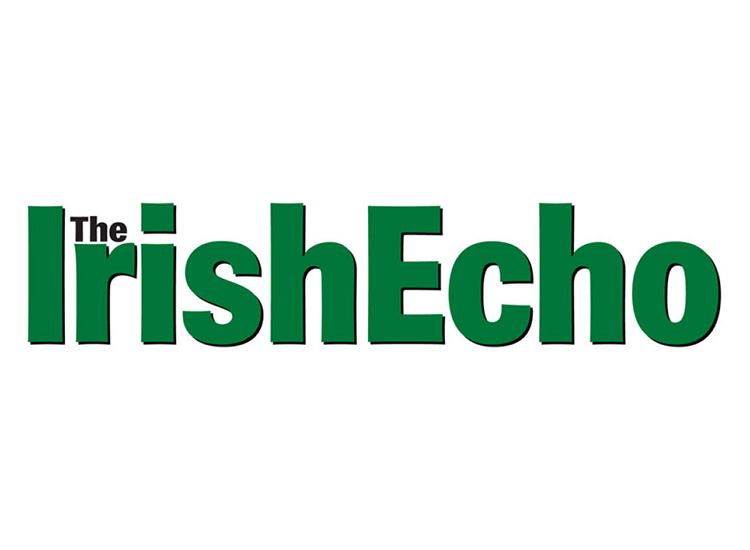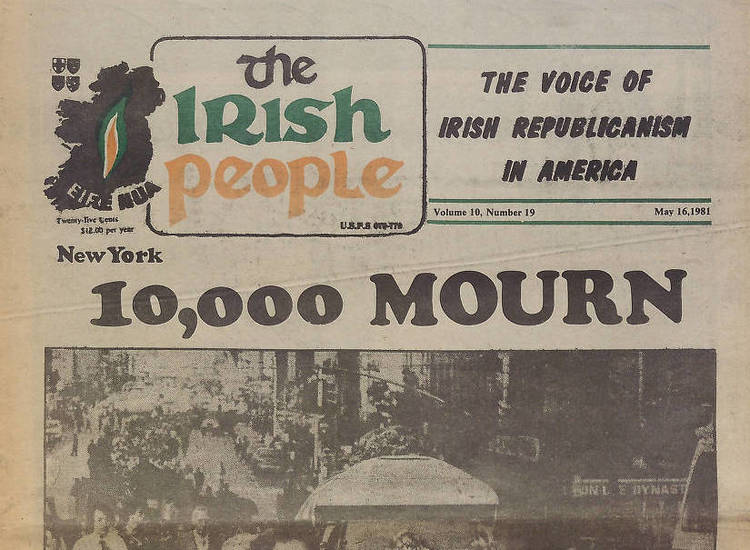Neil Hannon’s other musical claim to fame is his composition of theme music for “Father Ted.”
By Colleen Taylor
I’m a sucker for any Irish musician who demonstrates a love of literature, and 1990s orchestral pop band the Divine Comedy fits that bill. The group, headed by Neil Hannon, tips its hat to Dante’s 14th century epic poem by taking the same name. The homage is fitting: for the past 20 years, Divine Comedy has been merging old art with new, updating classical and orchestral music by mixing it with pop/rock influences. This month, Neil Hannon released his 11th album with the Divine Comedy, entitled “Foreverland,” another literary title. Foreverland is, like its title suggests, magical and folkloric, as much of a film soundtrack as it is a pop album.
Neil Hannon, whose other claim to musical fame is the theme music for “Father Ted,” formed the Divine Comedy back in 1989. But it wasn’t until 1996 and the album “Casanova” that the band began to make a name for itself. Changing band members and styles over the years, the Divine Comedy went through a few phases. In the 2000s, the music became more serious as the band’s persona pulled away from the comical and edged toward a darker, more serious vibe with albums like “Regeneration” (2001). However, last year, the band announced a new album in the making, and 2016 now marks the Divine Comedy’s glorious and tongue-in-cheek return to comedy. “Foreverland,” released this month, exudes whimsy, parody, irony, and all those jocular flares that made the band a comedy in the first place. As a whole, the album is light, hilarious, and even satiric at parts. Divine Comedy’s serious mode is, thankfully, in the past, giving the music business a much-needed uplift.
On top of being funny, “Foreverland” stands out for being a musical bricolage. Classical, orchestral instruments, pop music, classic rock, Renaissance and medieval instruments—it’s all part of the Divine Comedy collage. Listening to “Foreverland” is like a tour through an eclectic music library—you’ll hear all kinds of simulations of different artists and bands, like the Beatles, Queen, and even a bard playing the lute at a Renaissance fair.
To my ears, one of the best singles on the album, “Catharine the Great,” sounds Beatles through and through. It is happy and whimsical almost in a mode akin to “Penny Lane” or “Submarine.” Buoyant and alive, “Catherine the Great” will be a treat for hippies and historians alike. The best part of the track, aside from its catchy melody, is the lyrics. Here is a small sampling “Let’s talk of Catherine the Great… She might have conquered a third of the world / but inside she was a sensitive girl.” It gets better: “She looked so good on a horse / that they couldn’t wait for her to invade.” The rhymes in the lyrics chime as well as the backing instrumentation, making it both lyrical and hysterical.
The title track evokes the medieval era in its instrumentation, while also alluding to something like “Bohemian Rhapsody’s” melodic drama. The staccato detail on the song is both Queen-like rock/pop and medieval folk simultaneously. One more example of the album’s miscellaneous, farcical range, and then I’ll leave the rest of the hilarious discovery to you. The music video for “How Can You Leave Me On My Own”—which sounds like it might, in another world, be an emotive love ballad—features Neil Hannon in 18th century garb running around historical mansions and playing the pianoforte. It turns out that Hannon acts the comic role as well as he sings it.
Historically, the Irish literary tradition has stood out for its irony and satire: Swift, Wilde, Joyce et al have left us a lineage of wit. Hannon and The Divine Comedy have been able to put that creative tradition of wit to musical accompaniment. Foreverland engages history but doesn’t take any of it seriously, making it welcome, lively comic relief.
Find out more and give “Foreverland” a listen at thedivinecomedy.com.









